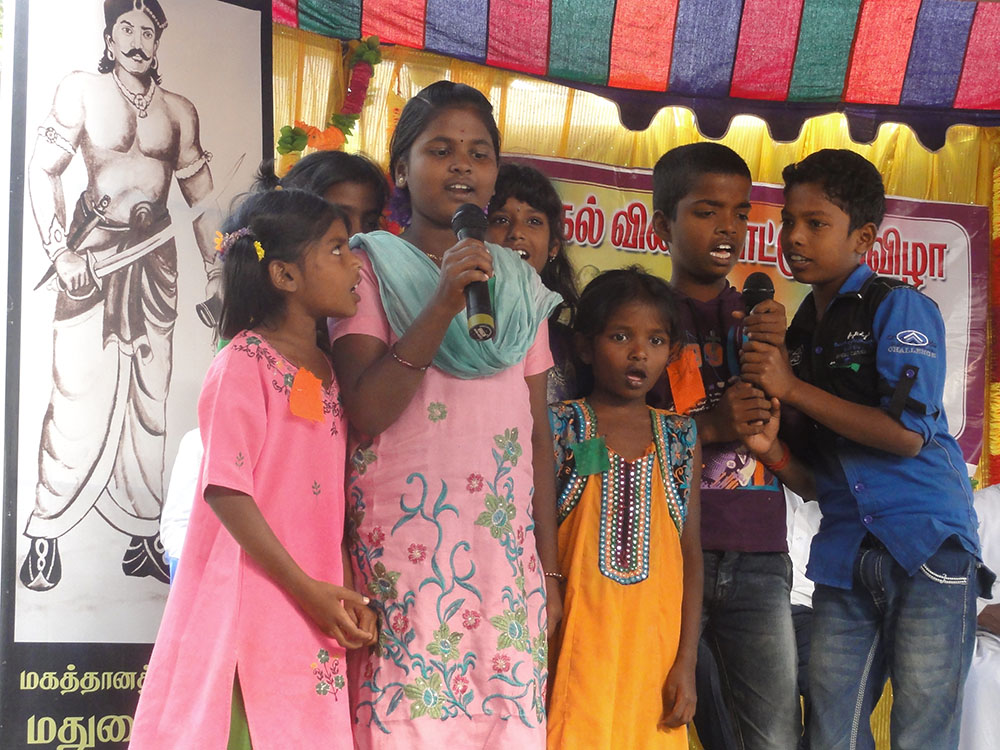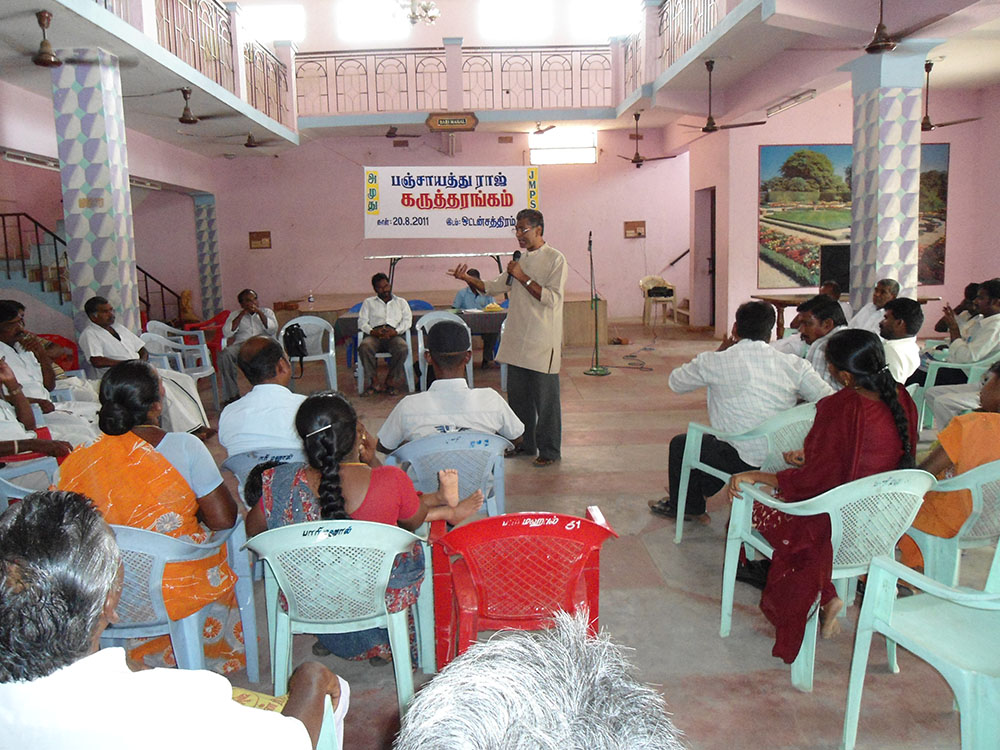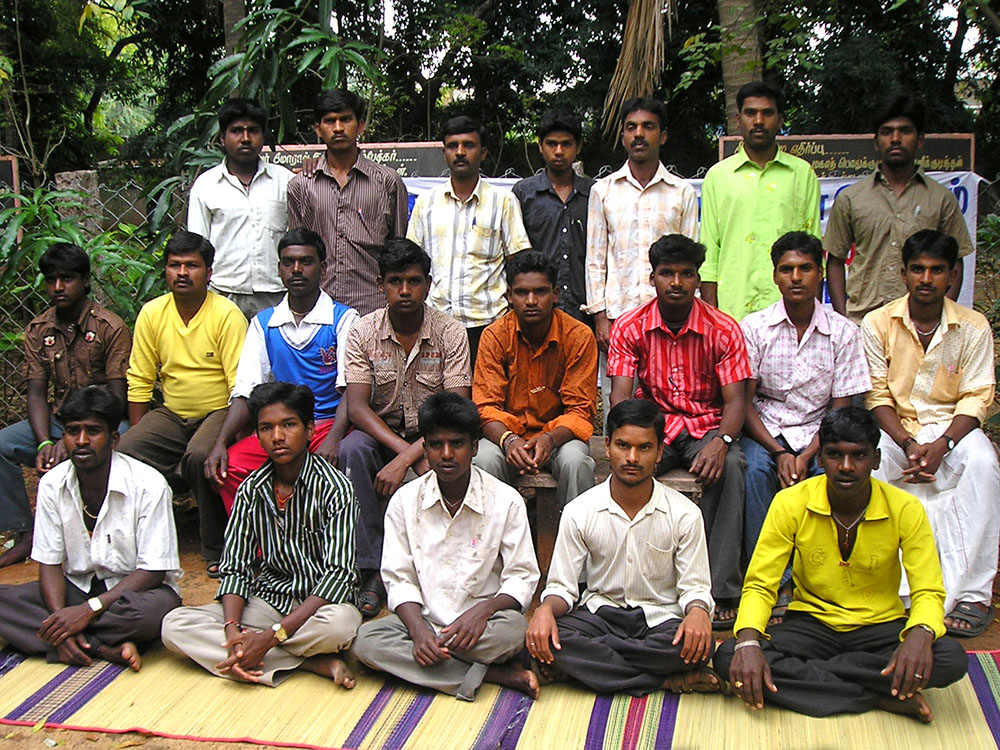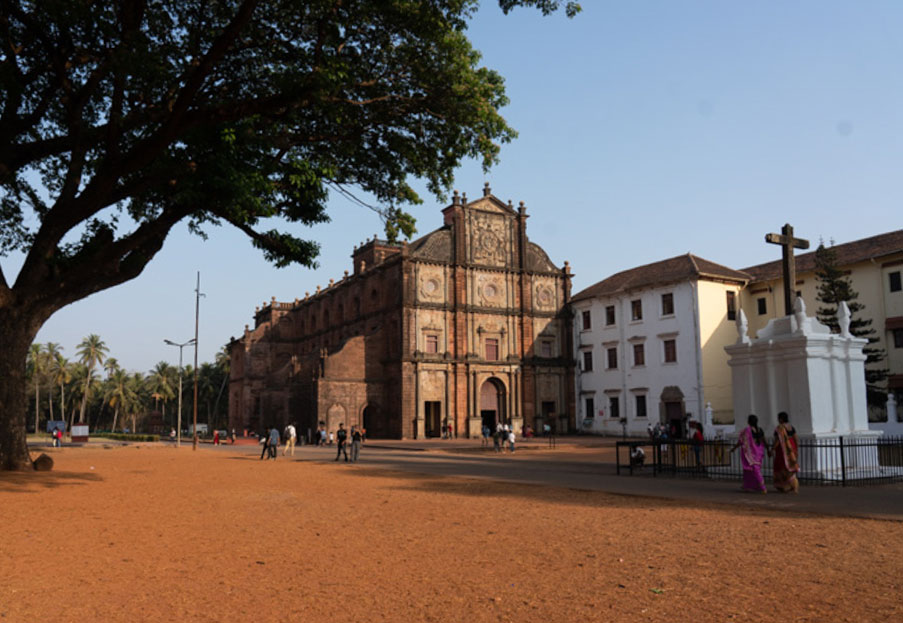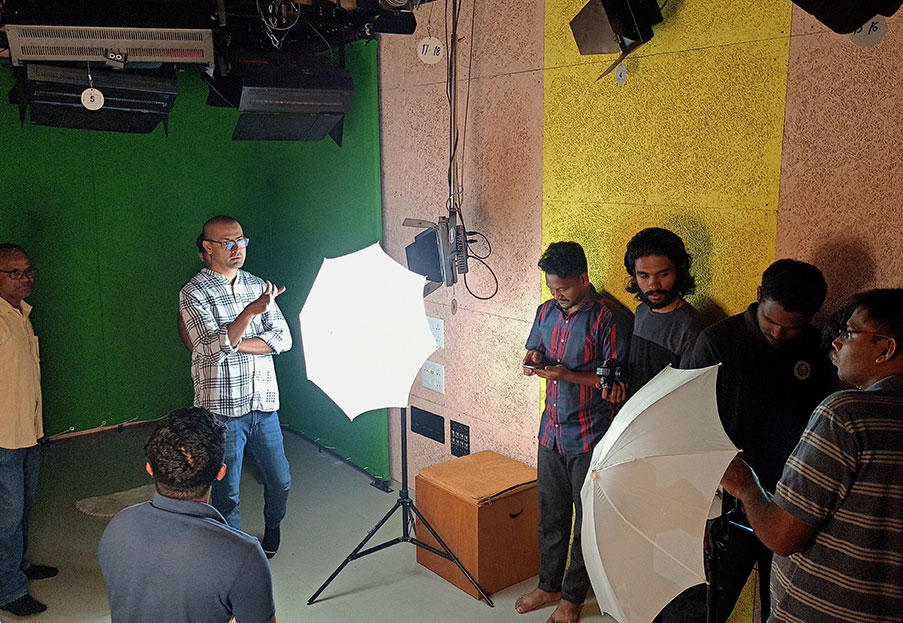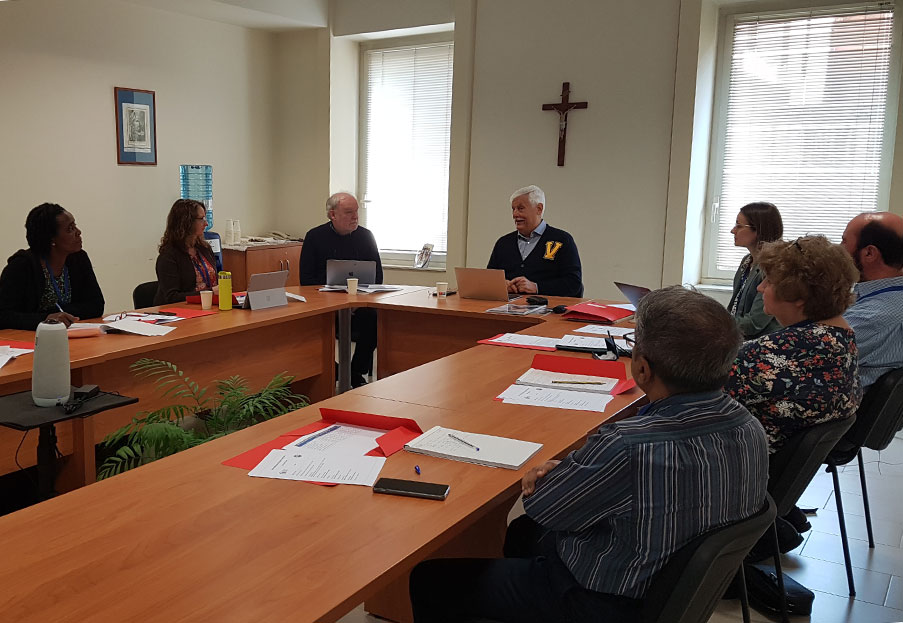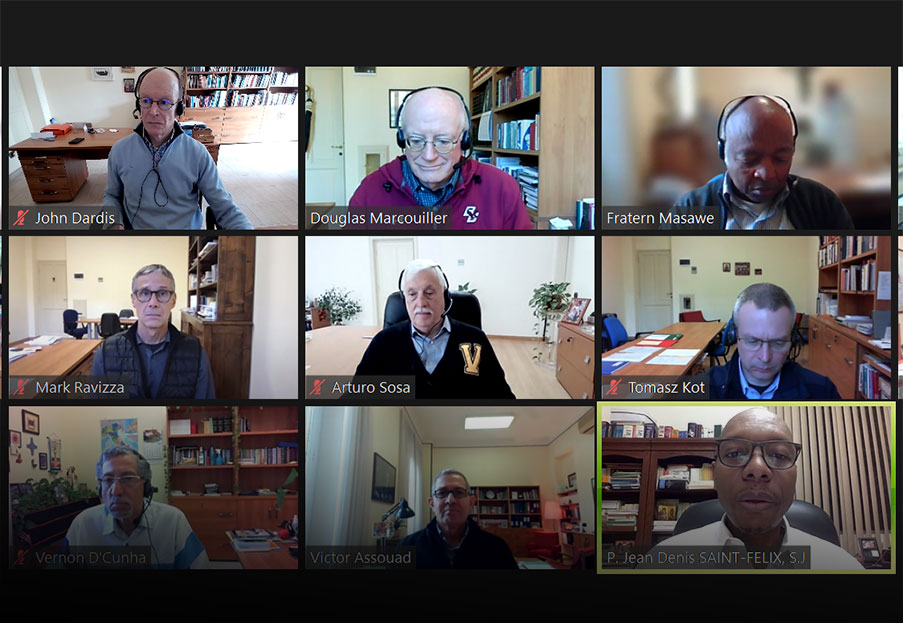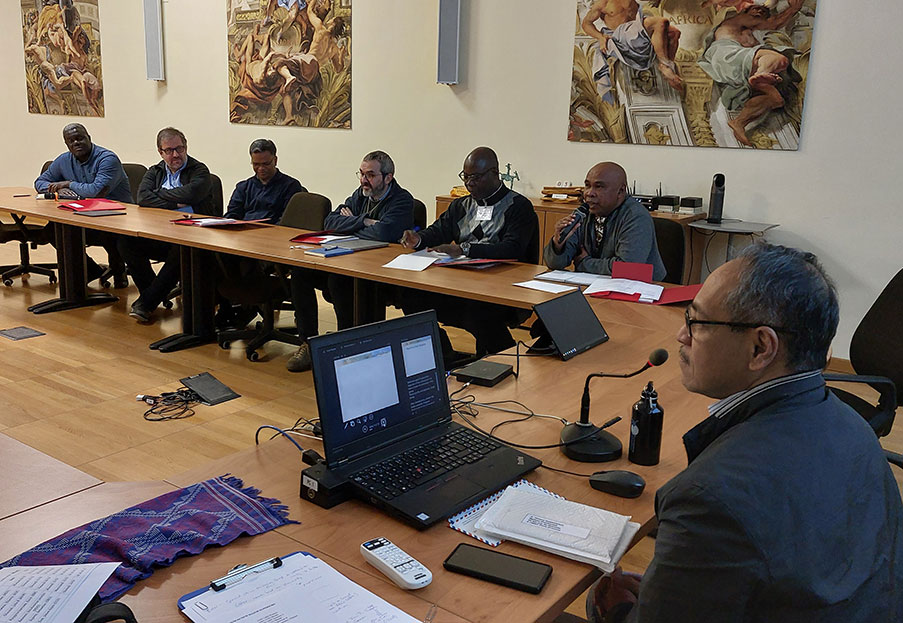Towards a new dawn with Dalit empowerment
The Social Action Ministry in Madurai Province went through a sort of soul-searching about its ministries in the 1960s, deliberating about doing more than just running schools, colleges, formation houses, and other such ministries. A new type of thinking with a faith-justice dimension grew from 1965 onwards. This initiative received inspiration and global backing from the Jesuit world with the deliberations of General Congregation 32, in 1974-1975.
As a result, in 1974, the Province made a call to chalk out a time-bound, total action programme of social justice in the province. This was further spelt out in the province congregation in the same year as, “In the context of India today, we have an urgent obligation to serve the poor and to witness justice.” As this programme went forward, in 1984 the province assembly approved and announced the province vision, “Towards Liberation Together with the Poor,” with concrete action plans for each ministry – including the Social Action Ministry. “Option for the Poor” later crystallized into “Option for Dalits” in 1987 with the commitment“Towards Liberation Together with the Dalits.” This stress towards “upliftment” of Dalits in general and Dalit Christians in particular led to a series of actions and deliberations in line with Dalit empowerment.
To narrow down areas of action, a study, “The
Situation of Dalits in the Tamil Nadu Catholic Church” wastaken up under
Rev. Anthony Raj, SJ, initiated jointly by the social action and higher
education ministries. As a result of this study and ongoing programmes and
trainings among Dalit Christians, the Dalit Christian Liberation Movement
(DCLM) was launched in 1989. This led to the province congregation in 1990
officially postulating “The formation of a dependent region in the Northern
Tamil Nadu” as “this would be a logical culmination of what we have been
talking about so far with regard to the Dalit question” so that “the
seriousness of our concern for the Dalits should not remain in empty promises.”
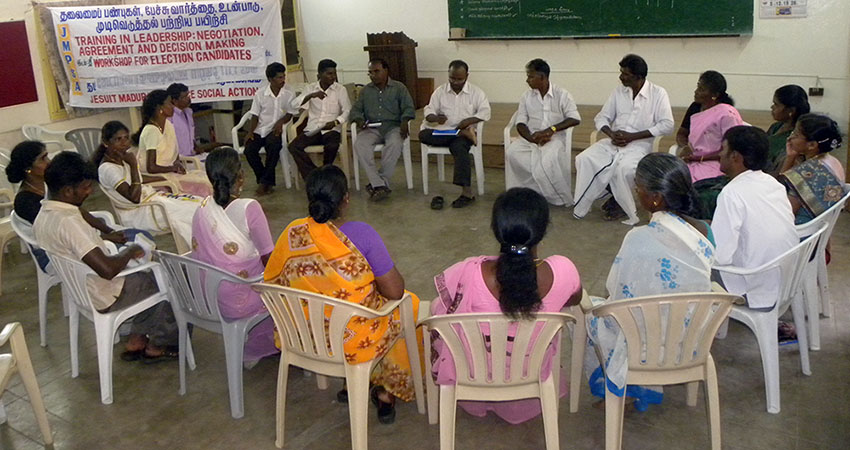
The social action ministry has now contributed significant upliftment models to the Province, Church, and the wider society in terms of framing pro-poor, pro-Dalit policies. One of the greatest impacts is the positive upliftment of Dalit communities, transforming them from political ignorance and powerlessness to a politically sharp and unified group that can negotiate with political parties and also challenge local governing body elections. It is very heartening to witness that these leaders have, in general, demonstrated great integrity, commitment, social acumen, sharp cultural sensitivity, and developmental perspectives in their local administration, in spite of strong pressure from divisive caste and communal forces.
Education
being the basis for emancipation and development, the social action ministry
encouraged the Dalits by actually providing space for Dalit children. Our
education programmes have a three-pronged approach: formal education for those
ready for school, supplementary education for those not able to cope (Evening
Study Center model), and special schools for dropouts, regardless of age,who
would eventually join the mainstream courses. This phase of positive practical
action encouraged us to respond more proactively in establishing regular
institutions in formal, technical, and higher education sectors.
Thus, the social action ministry has concretely visualized and verbalized the spirit of faith and justice. Within the Province, it helped to sharpen our commitment to the poor and to refocus us from the poor in general to Dalits in particular and to zero in on Dalit Christians. Perhaps the most important contribution is the creation of the Chennai Mission’s “continuous search” to discover target groups and bring them forward for emancipation, as a concrete expression of our commitment.
Additionally, the Chennai Mission
undertakes social action initiatives among the Irulartribes,
inter-state migrants, and overseas migrants and has established a social
research centre for Dalit entrepreneurs. Many Jesuits in the social action
ministry have prepared and equipped potential men and women, religious and
laity, through workshops and seminars. Thus, our Jesuits have become pioneers
and role models in working out the “modus operandi” of social action as
an example for other congregations.
In
making an overall assessment of the past five decades, it is very heartening to
note that the Jesuit Madurai Province social action ministry has gained great
momentum, in terms of policies, priorities, and commitment in service to
Dalits, Adivasis, women, children, and others of the most marginalized sections
of society. Its impact has gone beyond the Madurai Province to other Provinces,
congregations, and Catholic Church structures, helping them modify their plans,
policies, and priorities.
[Article from "Jesuits - The Society of Jesus in the world - 2020", by Aruldoss Selvaraj SJ and Marianathan Chinnasamy SJ]
